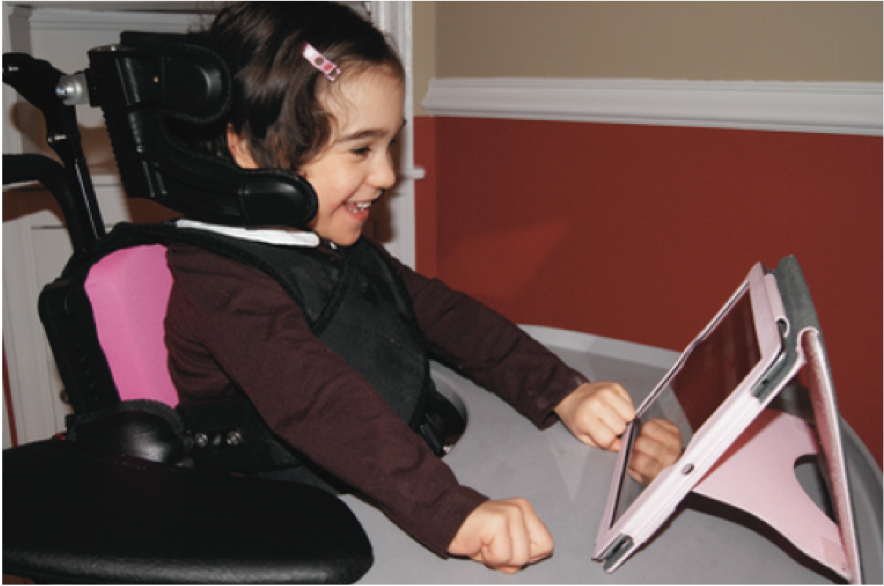The Seidenberg School of Computer Science and Infor- mation Systems has renewed re- search work using tablets with the Cerebral Palsy of Westchester
facility.
Cerebral Palsy is a non-
progressive brain disorder, which impairs control of movement due to damage that occurred to the developing brain. The impaired movement makes keyboards sometimes difficult for a disabled person to use, but in using a tab- let, there is an easier touchscreen that does not require as precise accuracy, according to the mayo clinic.
For the last three years Pace has been working coop- eratively with Cerebral Palsy of Westchester (CPW), a non-profit organization dedicated to helping individuals with Cerebral Palsy, as well as children and adults with developmental disabilities, in creating a class that allows those with cerebral palsy to learn
how to use a tablet or iPad.
CPW provides trans-
portation for class participants to Pace once a week. The class part- ners a pace student researcher, as the teacher, with someone from CPW. One-on-one sessions are created in order to personalize the experience for each person being taught. The class is meant to teach those with Cerebral Palsy how to use apps, to touch the screen, and to eventually be able to use tech- nology such as a tablet to improve their everyday life. For those teaching, the class it is meant as a research opportunity to see what type of apps work best to help the students with cerebral palsy, as well as learning other techniques with the tablet that can benefit their lives.
Past years results have shown that participants were able to walk away from the program with a greater knowledge of a tablet or an iPad and the specific skill-set that they chose to work on, whether it had been money counting, organization and time management, publishing, or read-
ing due to tablet or iPad use. “Learning how to use the Internet has allowed me to expand what I know and learn how to use applications on an iPad,” said participant Robert Lee Smith. “I learned so much that I wanted a device such as an iPad so that I would be able to go on the Internet whenever I wanted. The Internet has become part of
my everyday life.”
Participants from CPW
enjoy the change of scene and learning at the Pace campus as well as working one-on-one with a student. Some Pace students also travel to CPW to work with participants there as well. The fa- cility has their own iPads that can be used to work with participants. Through one of the civic engage- ment classes, Intergenerational Computing taught by Dr. Jean Coppola, students work similarly with introducing technology into the lives of the elderly as well as those at CPW. The experience that can be gained by this work as well as the research keeps students coming back to help
even after they have finished the
course.
“It is important to en-
courage that technology is not there to harm, but instead that it can help them more than they even know,” said Seidenberg pro- fessor and leader in the field of Gerontechnology Dr. Jean Coppola. “It is an amazing experience to see how technology can change the lives of those with dementia and other medical problems and through teaching students how to help, the intergenerational com- munity grows.”
The program, provided with the help of both the Seiden- berg School as well as CPW, is an experience that will change the
lives of everyone involved.
“The Cerebral Palsy of Westchester has made me realize the importance of giving back to the community,” said student researcher Tim Casella. “Everyone I worked with is very talented in their own way but because of physical handicaps they need help to express their talents. It has been wonderful working with such kind people and I will continue to do so.”
If you are interested in becoming involved in the re- search work with CPW, email tl73212p@pace.edu.

